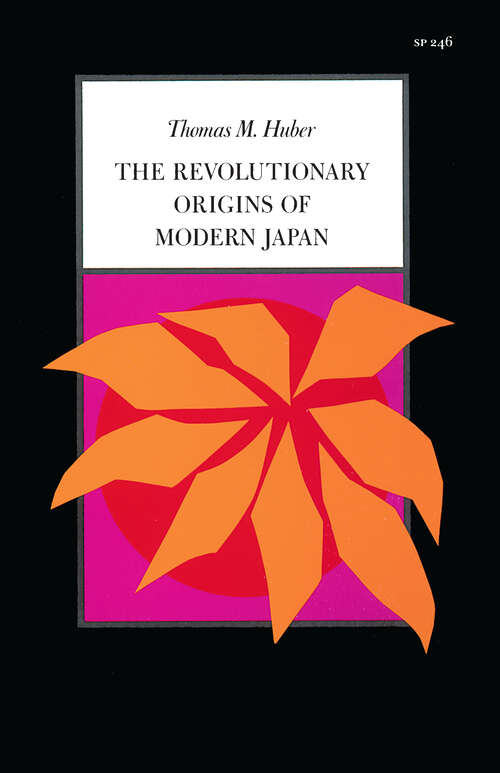The Revolutionary Origins of Modern Japan (1)
By:
Sign Up Now!
Already a Member? Log In
You must be logged into Bookshare to access this title.
Learn about membership options,
or view our freely available titles.
- Synopsis
- Challenging the popular view of the Meiji Restoration as a "revolution from above," this book argues that its main cause was neither the growing threat of the West nor traditional loyalty to Emperor and nation, but rather lay in class conflict and long-term institutional change. The author sees the Restoration as a revolution against feudal privilege carried out from below by a service intelligentsia of minor administrators, priests, scholars, and village officials. The book focuses on the politically most effective body of activists, those in the domain of Chōshū, and on their most important leaders of the 1850s and 1860s: Yoshida Shōin, Kusaka Genzui, and Takasugi Shinsaku. It examines their social and educational background, explores their motives for acting, and follows them through their intellectual and political struggles. The final chapter explains various heretofore puzzling aspects of the Meiji period (1868-1912) in terms of its revolutionary origins, and concludes by showing that the Restoration, far from being uniquely Japanese, had many of the characteristics we associate with the great revolutions of England, France, and Russia.
- Copyright:
- 1981
Book Details
- Book Quality:
- Publisher Quality
- Book Size:
- 272 Pages
- ISBN-13:
- 9780804766333
- Publisher:
- Stanford University Press
- Date of Addition:
- 12/19/24
- Copyrighted By:
- the Board of Trustees of the
- Adult content:
- No
- Language:
- English
- Has Image Descriptions:
- No
- Categories:
- Nonfiction, Biographies and Memoirs
- Submitted By:
- Bookshare Staff
- Usage Restrictions:
- This is a copyrighted book.
